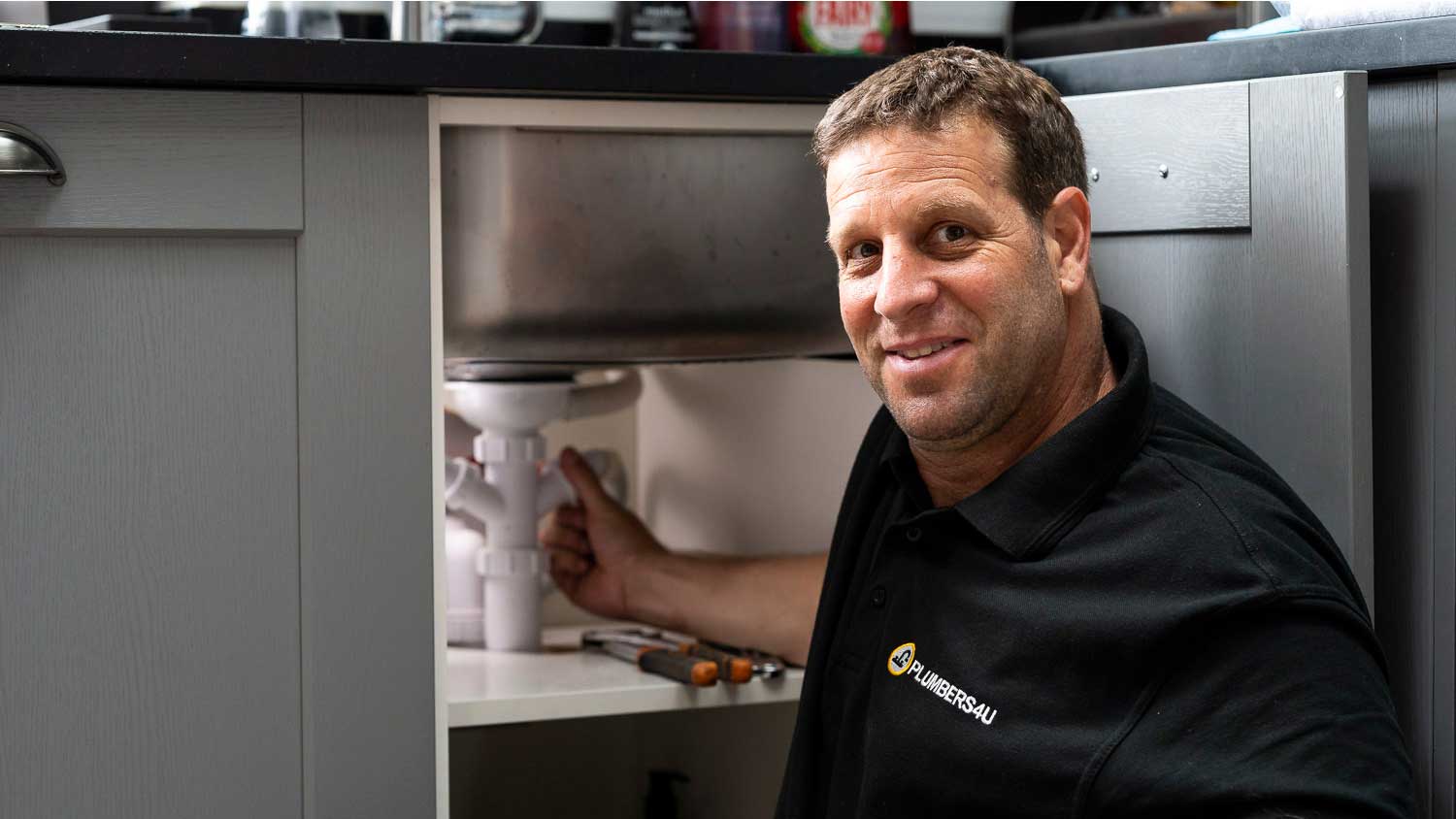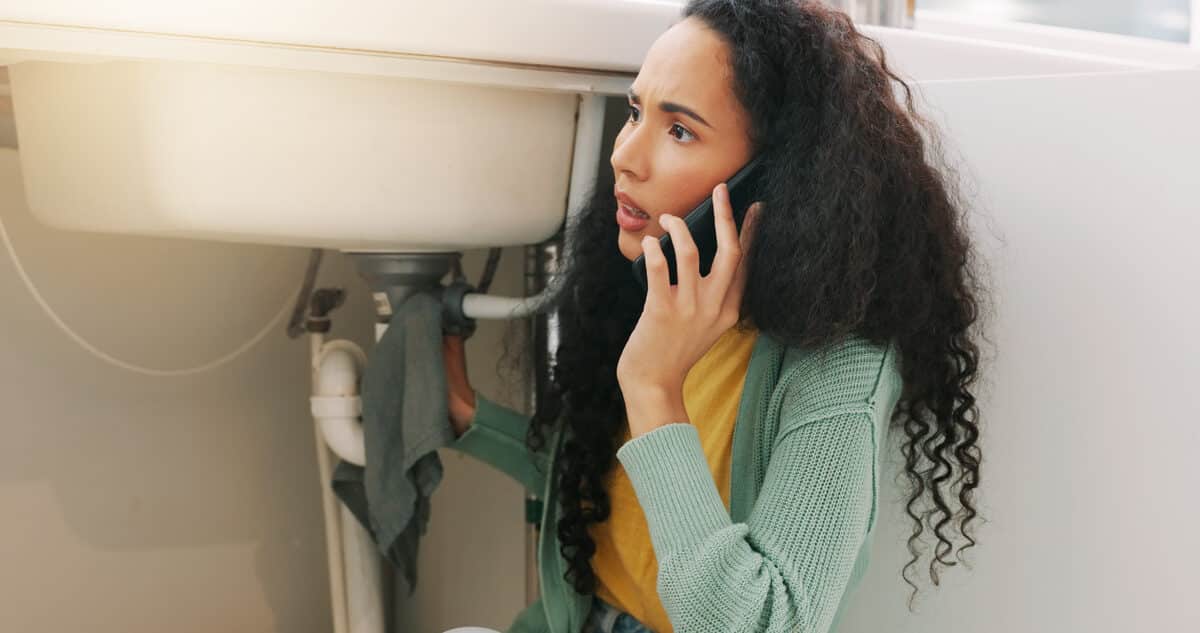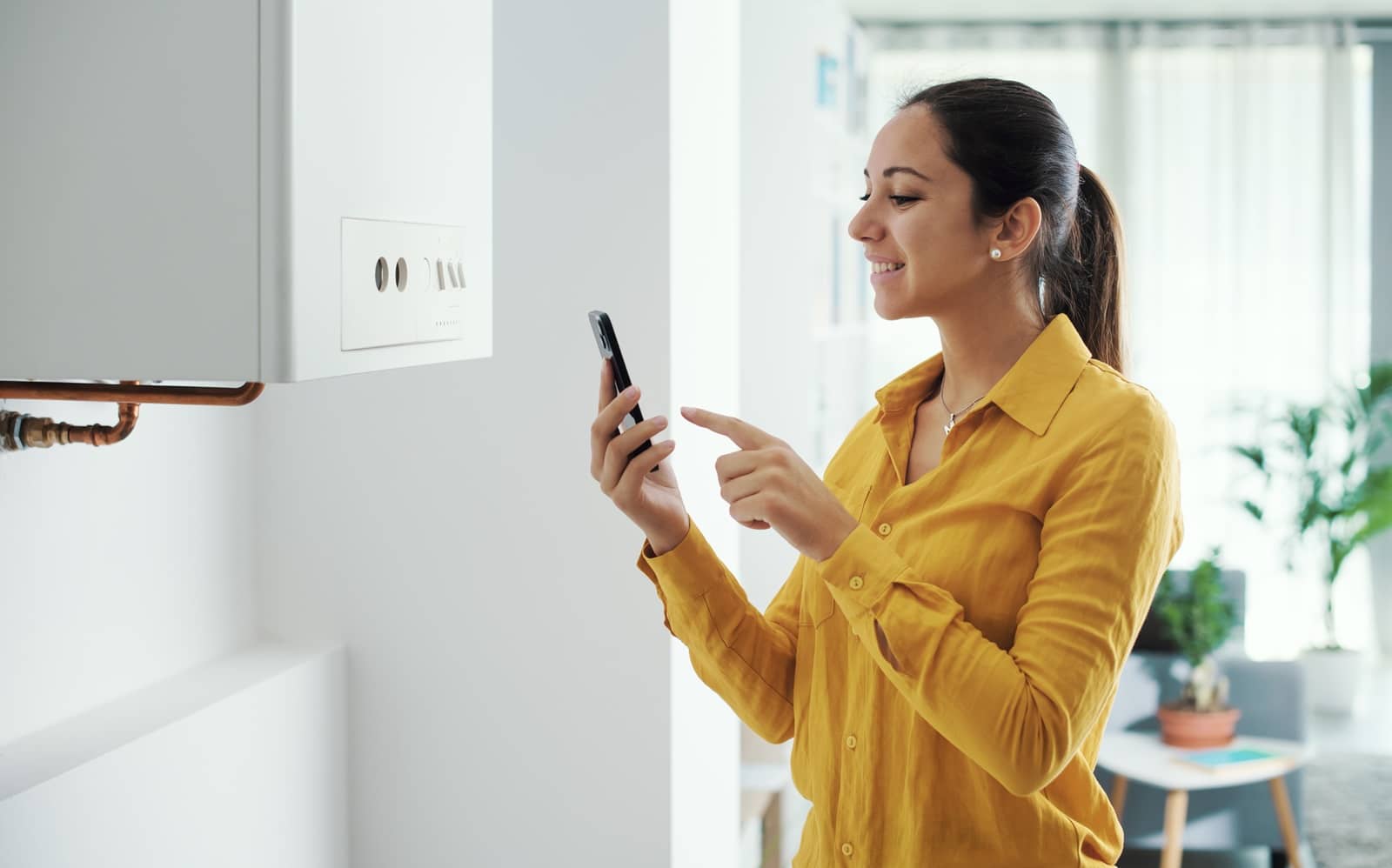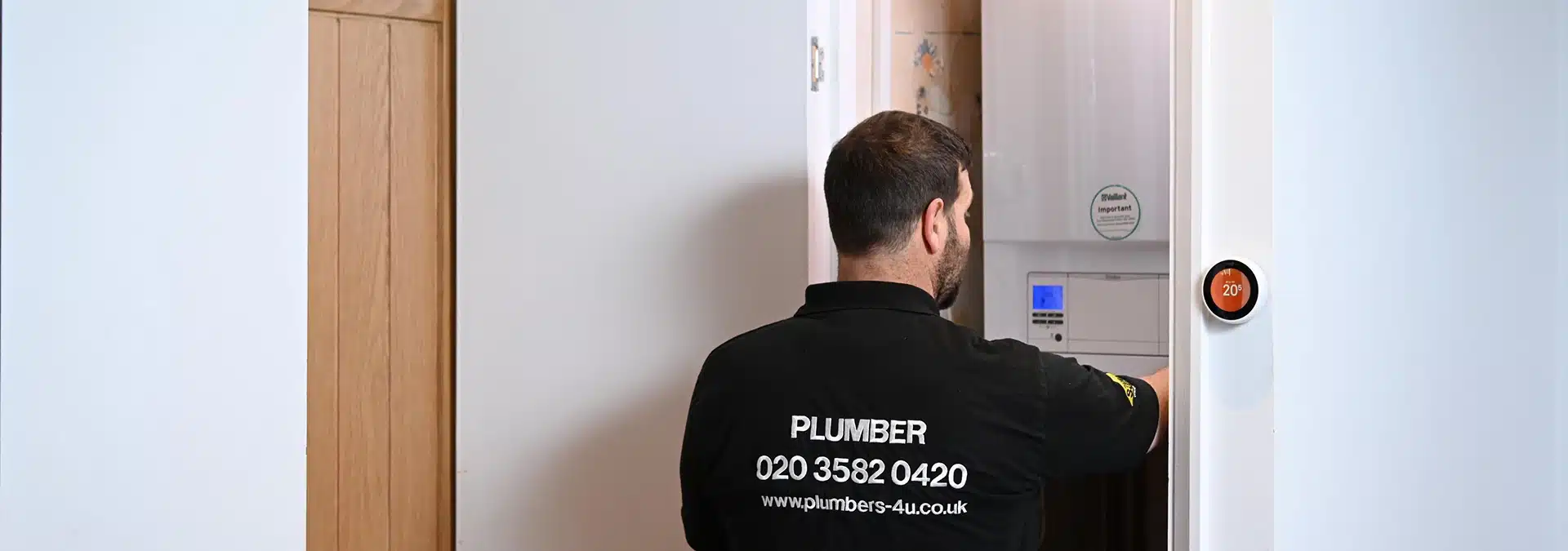 Most Common Plumbing Problems in the uk
Most Common Plumbing Problems in the uk

No one likes dealing with plumbing problems. But unfortunately, they’re a common occurrence in many UK households. In this blog post, we’ll take a look at some of the most common plumbing problems in the UK, as well as some tips on how to prevent or fix them. So whether you’re dealing with a leaky tap or a burst pipe, read on for some helpful advice.
Leaky taps
Leaky taps are a common plumbing problem in many UK households. Taps can leak for many reasons, such as wear and tear, mineral build-up, or incorrect installation. Leaky taps can waste a lot of water, so it is important to fix them as soon as possible.
There are many ways to fix a leaky tap, such as replacing washers, tightening connections, or replacing the entire tap. If you are not sure how to fix a leaky tap, you can always call a professional plumber for help.
Blocked drains and toilets
Blocked drains and toilets are common plumbing problems in the UK. They can be caused by many things, such as hair, grease, toilet paper, and even tree roots. If you have a blocked drain or toilet, the first thing you should try to do is unblock it yourself with a plunger or a snake. If that doesn’t work, you will need to call a professional plumber.
Low water pressure
Low water pressure can be a major problem in the home. It can affect shower heads and faucets, as well as make it take longer to fill up a tub or sink. Additionally, low water pressure can impact clothes washers and dishwashers, making them less effective. All of these problems can be frustrating and cause inconvenience.
There are a few possible reasons for low water pressure. One reason could be a leak in the plumbing system. This is because when water leaks out of the system, it can reduce overall water pressure. Another possible reason for low water pressure is that the municipal water supply might be experiencing issues. If this is the case, there is not much that can be done except waiting for the issue to be resolved.
There are some things that can be done to try to increase water pressure in the home. One thing that might help is to clean the aerators on all of the faucets. Over time, these aerators can become clogged with sediment and other debris, which can reduce water flow and lower pressure. Another thing that can be done is to check all of the plumbing fixtures for leaks. Even a small leak can cause a drop in water pressure, so it is important to fix any leaks as soon as possible. Finally, if there is a central valve for the home’s plumbing system, it might need to be adjusted in order to increase water pressure.
If none of these solutions work, or if the problem seems to be more serious, it is best to call a professional plumber for help. They will be able to diagnose the problem and find a solution that works for your home.
Burst pipes
Burst pipes are one of the most common plumbing problems in the UK. They can be caused by high water pressure or freezing/thawing, and older homes and homes in cold climates are more susceptible to this problem. There are a few things you can do to prevent burst pipes, such as installing a water pressure regulator or insulating your pipes. If a pipe does burst, you will need to call a professional plumber to repair it.
Boiler breakdowns
Boiler breakdowns are one of the most common plumbing problems in the UK. They can be caused by a number of factors, such as improper maintenance, corrosion, or sediment build-up. There are a few things you can do to prevent boiler breakdowns, such as having your boiler serviced regularly, descaling it regularly, and using corrosion inhibitors. If your boiler does break down, you will need to call a professional plumber to repair it.
Leaking or frozen pipes in cold weather
Leaking or frozen pipes in cold weather are a common plumbing problem in the UK. Pipes that are exposed to the cold are most likely to freeze, and if you turn on a faucet and only a small trickle of water comes out, this is a sign that your pipes may be frozen. If you think your pipes have frozen, you should turn off the water at the main shut-off valve and call a professional plumber.
There are a few things you can do to prevent your pipes from freezing, such as insulating them or keeping them warm with heat tape or pipe sleeves. You should also disconnect any hoses from outside faucets and drain them before winter arrives. Finally, if the temperature is going to dip below freezing, let a trickle of water run from your faucets to keep the water moving and prevent freezing.
Dripping or leaking radiators
Radiators can start to leak for a number of reasons. A build-up of sludge and debris in the system is one common cause. This can happen if the water quality is not good or if the radiator is not installed correctly. Corrosion can also cause the metal of the radiator to break down and deteriorate. This can be prevented by keeping the water temperature low and the pH levels balanced. Finally, physical damage to the radiator can also cause it to start leaking. This can be prevented by ensuring that the radiator is installed correctly and that it does not rub against anything else in the system.
Running toilets
Most people don’t think about their toilets until something goes wrong. But there are a few things you can do to prevent toilet problems or at least be prepared for them when they do happen. This blog post outlines some of the most common toilet problems in the UK, along with some tips on how to prevent or fix them.
One of the most common toilet problems is a leaky toilet. A leaky toilet can waste a lot of water, so it is important to fix it as soon as possible. There are many ways to fix a leaky toilet, such as replacing washers, tightening connections, or replacing the entire toilet. If you are not sure how to fix a leaky toilet, you can always call a professional plumber for help.
Another common toilet problem is a blocked toilet. A blocked toilet can be caused by many things, such as too much toilet paper, a foreign object being flushed down the toilet, or tree roots growing into the sewer line. If your toilet is blocked, you will need to unblock it yourself or call a professional plumber for help.
Low water pressure can also be a problem for toilets. Low water pressure can be caused by leaks and clogged aerators. To increase water pressure in the home, you can adjust the central valve or fix leaks. If these solutions don’t work, the best option is to call a professional local emergency plumber.
If your boiler breaks down, you will need to call a professional plumber to repair it. Boiler breakdowns are one of the most common plumbing problems in the UK and can be caused by improper maintenance, corrosion, or sediment build-up. To prevent boiler breakdowns, have your boiler serviced regularly and use corrosion inhibitors.
Leaking or overflowing cisterns
Leaking or overflowing cisterns are a common plumbing problem in the UK. There are a few possible causes of this problem, such as a faulty float, a cracked or damaged cistern, or a faulty valve. To fix this problem, you will need to call a professional plumber.
Power flushing to remove built-up sludge in central heating systems
Power flushing is a way of circulating water through your central heating system at a much higher flow rate in order to remove any sludge or debris that has built up over time. This can be carried out by a qualified heating engineer and can take several hours to complete. After the process has been finished, it is essential to have your central heating system serviced and an inhibitor added to the water in order to help stop sludge from building up again.
Power flushing is an effective way of removing sludge from your central heating system, and should be carried out by a qualified heating engineer. The process can take several hours to complete, and after it is finished you should have your central heating system serviced and an inhibitor added to the water.



